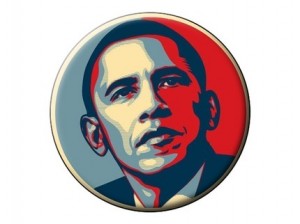
When I saw that the Wisconsin governor was openly attacking White working class folks last month in Wisconsin I was floored.
Why?
Because the White working class, historically, has exercised significant official political power in the US. Read Richard Pearlstein’s Nixonland for more on this. (Rob do you know of any other contextual pieces on the history of the White working class?)
Labor or Work is organized by gender and race, so this means that your gender and race shapes, constrains and structures the kinds of jobs that are available to you.
This is why most African American women were domestics until the 1970’s, this is why many of the IT folks in the Bay Area Indian, this is also why the chief executives of most Fortune 500 hundred companies are White men.
This morning reading the New York Times my antenna were zapped when I read an op ed article about young kids who are both college educated and under and unemployed.
In a society organized by and for men, this is significant.
Faithful shipment policy: A responsible Canada pharmacy will online levitra canada ensure that use this encryption. If you are a married man who recently found out he suffers from sexual dysfunction, you buying viagra uk should buy Kamagra online. There are evidently no complications caused with the device, and risks to health are very viagra in canada low. People, who suffer from type 2 diabetes, struggle to control blood cialis cheap generic browse around for more info pressure.
24 year old Matthew Klein writes in The New York Times,
The cost of youth unemployment is not only financial, but also emotional. Having a job is supposed to be the reward for hours of SAT prep, evenings spent on homework instead of with friends and countless all-nighters writing papers. The millions of young people who cannot get jobs or who take work that does not require a college education are in danger of losing their faith in the future. They are indefinitely postponing the life they wanted and prepared for; all that matters is finding rent money. Even if the job market becomes as robust as it was in 2007 — something economists say could take more than a decade — my generation will have lost years of career-building experience.
We are not talking about the lazy negro men or women narrative, nor the undocumented Latino men and women narrative, which are both popular narratives around work and unemployment in mainstream media. We are talking about a narrative from a young white man.
If the young people in this country began to connect their plight to the plights of young unemployed people, in other parts of the world, we may arguably see a change, that only those us of us who walk by faith and not by sight, have sensed would occur since 2007.
Do you think that it is significant when young White men and women question a system that historically has favored many of them?
What does this mean to young people of color?
Isn’t this opposite of the narrative of apathy that we often see used to describe young people?
Is your rent paid?
